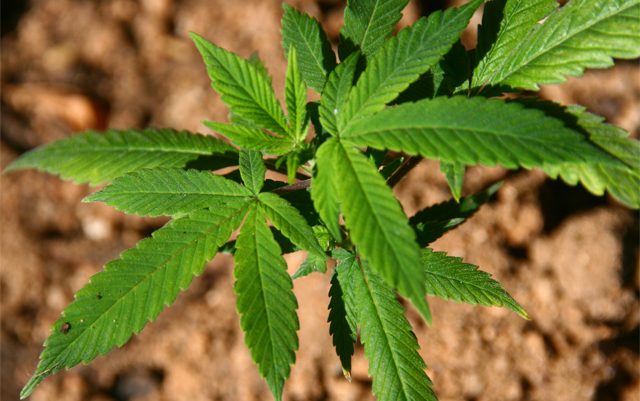One of the drawbacks when it comes to the current marijuana law reform successes that are sweeping the nation is instead of laws against marijuana being repealed, what we end up with is another layer of laws that regulate and restrict legal access to cannabis, often excessively. Legalization has introduced an entirely new layer of rules that govern sales, growing, possession, etc. In this way prohibition is simpler: for example, “everything to do with cannabis is illegal.” It’s obviously inferior to legalization terms of results and freedom, but it is much easier to grasp the rules under prohibition.
And with more laws come more loopholes. If something is not “legal enough,” enterprising entrepreneurs find ways to get it there, which then results in lawmakers making laws to close those loopholes and the back-and-forth continues until there is an avalanche of rules and regulations that many can’t keep straight without the help of a lawyer and/or accountant.
One of the major loopholes that is being exploited in many states where legalization laws have been passed is the “gift/donation” loophole. The concept of a “donation” in exchange for marijuana has been utilized in California’s medical marijuana market for 20 years. The concept is simple: let’s say you donate $50 to an establishment; you then get the equivalent amount of marijuana, for free as a thank you for your donation. You didn’t buy the cannabis; you made a donation and then got a free gift, like getting a tote bag for donating money during a telethon or a PBS donation drive.
Some companies, like HighSpeed, have taken the concept a step further, part of the back-and-forth I described earlier. Since most states with legalizations laws allow someone giving a gift of marijuana to someone else, the transaction occurs like this: you order a bottle or juice from a company (or a t-shirt or ash tray, etc.) and you pay them $55 for said bottle of juice. A bottle of juice obviously doesn’t cost $55, but if $50 worth of cannabis comes with the juice as a gift for your purchase, then no one is complaining.
Of course, many lawmakers see this as a reason to add more laws to prevent the mechanism that allows these transactions to happen legally. That’s certainly one way to go, but it gets us in the cycle of loophole-new law-new loophole. On the other hand, if people are allowed to simply go to a nearby store and buy marijuana with the minimal amount of hassle, rules and regulations, they have no reason to jump through the hoops of gifts and donations.







It feels like the article is missing it’s epilogue.
Perhaps a review of “legalization” vs “decriminalization,” where the former means Cannabis has the same legal standing as carnations, and the latter means laws, licensing,
fees, fines, police , courts, and the industrial jail complex. And you are there.
I.e., contrary to most journalism outlets, we are NOT experiencing legalization, but instead decriminalization, so the legal system still maintains its right to — for instance — jail you for carrying 2 oz. because their limit is 1, and 90% of the time because you’re Black. Some things they’re reluctant to change.
Or you can use Cannabis for neuralgia, but not for PTSD. Or ok if you’re a civilian, but don’t ask don’t tell your Veteran’s Administration doctor. Or you can get it at a dispensary, but you can’t grow a plant on your windowsill. Or that it’s legal to possess a joint, but you’re never gonna get it because it’s illegal to buy or sell. Or it’s anti-carcinogenic, but it’s a Schedule 1 drug. Or that the Attorney General is either oblivious or a racist.
The obvious answer is that our work has just started. This is the new system that’s busting out with new laws, regulations, loopholes, and lawyers. Instead, Just Legalize It.
That’s how I imagine the article ending.